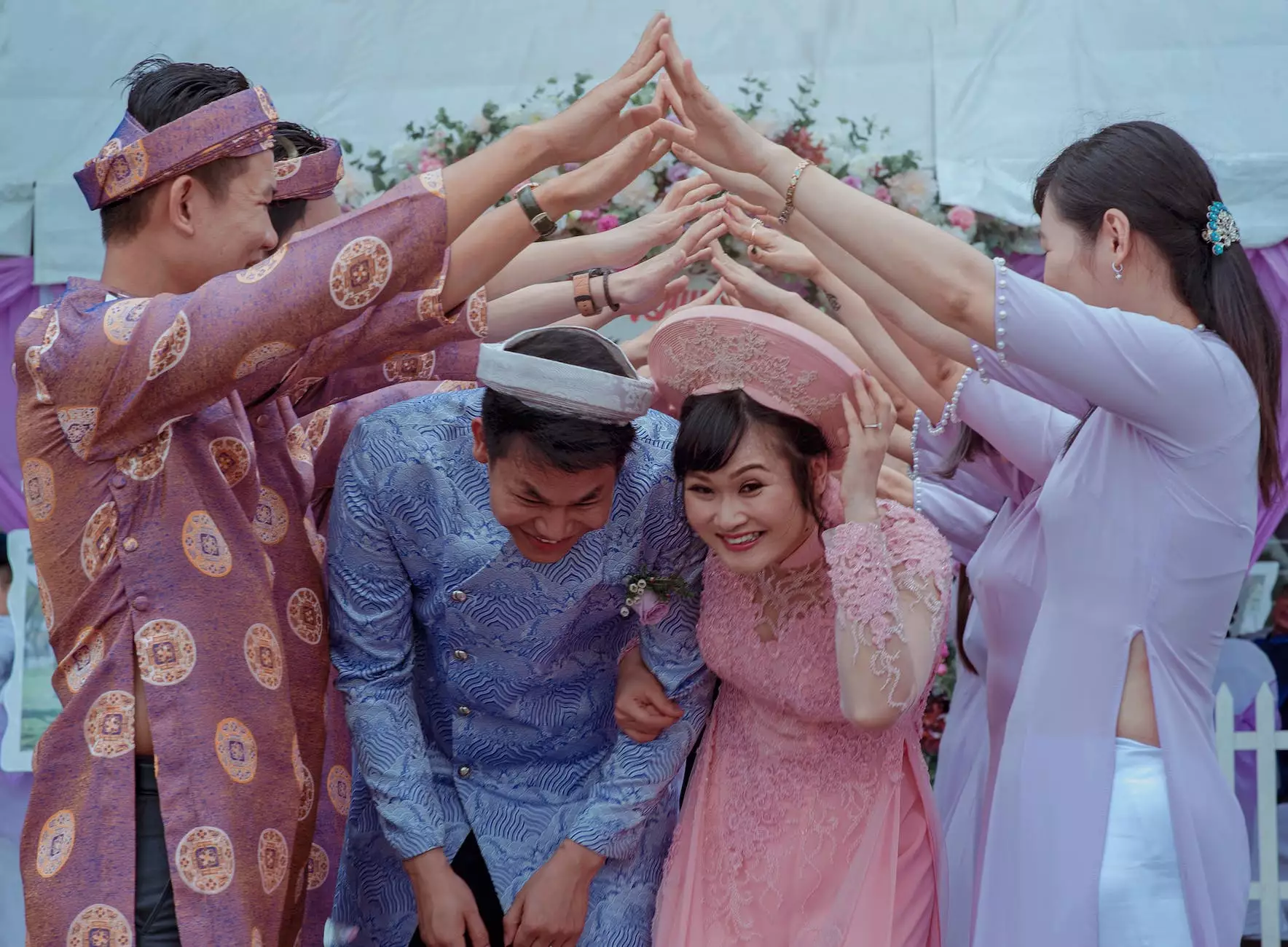Expert Wedding Planning: A Comprehensive Guide

Planning a wedding can be one of the most exhilarating yet overwhelming experiences in a couple's life. With so many details to consider, it often helps to have a reliable resource. That's where Karla Casillas steps in, offering her expertise to transform your dream wedding into a breathtaking reality.
The Significance of Approaching Wedding Planning with Care
Every couple envisions their big day differently. It is vital to approach the wedding with a clear vision and organized plan. Careful planning allows for creativity, flexibility, and the ability to address potential challenges before they become significant issues.
Understanding Your Budget
One of the first and most crucial steps in the wedding planning process is setting a budget. Understanding your financial limits helps steer all further decisions.
- Define your financial parameters: Determine how much you can comfortably spend without going into debt.
- Prioritize key elements: Decide which aspects of your wedding are most important to you—venue, catering, photography, etc.
- Plan for the unexpected: Set aside a portion of your budget for unforeseen expenses, as they often arise during planning.
Choosing the Perfect Venue
The venue sets the tone for your wedding. Factors to consider include location, size, ambiance, and availability.
- Research venues: Start with local venues that match your style—rustic, modern, elegant, etc.
- Visit potential sites: Schedule tours to get a feel for each venue.
- Ask questions: Check on logistics, such as capacity, catering options, and any time restrictions.
Finding and Crafting Your Wedding Theme
Once you've secured your venue, it's time to think about a theme. This theme will guide your decorations, attire, and atmosphere.
- Seasonal themes: Consider how the season can influence your decorations. For example, autumn weddings can feature rich colors and rustic elements.
- Incorporate personal elements: Use personal stories or hobbies to inspire your theme for that unique touch.
- Stay consistent: Ensure that your theme flows throughout your wedding details, from the invitations to the centerpieces.
Curating Your Guest List
The guest list can often be one of the most emotionally charged aspects of wedding planning. Here are some tips to manage it:
- Establish guidelines: Before you start, decide on the number of guests you want to invite based on your venue's capacity.
- Be diplomatic: Discuss the list with your partner and family to manage expectations, but remember it's ultimately your day too.
- Use technology: Consider digital tools for managing RSVPs to simplify the process.
Choosing the Right Vendors
Vendors are crucial for executing your vision. From caterers to florists, each plays an integral role in making your day special.
Key Vendor Categories
- Photographer/Videographer: Capture your cherished memories with professionals whose style aligns with your vision.
- Caterer: Food is a highlight of the wedding; select a menu that suits your preferences while considering guest dietary restrictions.
- Florist: Flowers enhance your wedding's aesthetic. Discuss your theme and budget upfront with potential florists.
- Entertainment: Whether it's a DJ or a live band, the right entertainment can elevate your celebration.
Reading Reviews and Conducting Interviews
Reputation is key in the wedding industry. Check online reviews and conduct interviews with potential vendors to ensure you're making an informed choice.
Wedding Attire and Accessories
Finding the perfect attire for the couple and the bridal party is both exciting and challenging. Here are some considerations:
- Start early: Outfit selection can take time; begin your search at least six months before the wedding.
- Coordinate styles: Decide on how formal or casual you want the attire to be based on your theme and venue.
- Don't forget the accessories: Finishing touches like jewelry, shoes, and veils can make or break an outfit.
Creating a Timeline
A well-structured timeline is imperative to ensuring a smooth wedding day. It helps keep everyone on track and minimizes stress.
- Detail major events: Outline when key activities will happen, such as the ceremony, meal service, and toasts.
- Communicate with vendors: Share the timeline with all vendors to ensure everyone is aligned.
- Flexibility is key: While it’s crucial to stick to your timeline, be prepared to make adjustments as needed.
Post-Wedding Plan
After the wedding, it’s important to follow up with vendors, send thank you notes, and settle any remaining payments. Here are your final steps:
- Organize your photos: Ensure your photos and videos are finalized with your photographers/videographers.
- Thank you notes: Send personalized gratitude notes to guests and vendors within three months after the wedding.
- Reflect on the day: Take some time to reflect on what went well and what you might do differently to share ideas with future couples.
Final Thoughts: Embracing the Journey
While planning a wedding like those featured on Karla Casillas can be a daunting task, it can also be one of the most rewarding experiences. Remember that the process is a journey that culminates in not just a beautiful ceremony but also a deeper connection between partners as they embark on their new life together.
With careful planning, attention to detail, and a dose of creativity, your wedding can truly reflect your love story. Embrace the journey and celebrate each moment as you prepare for your big day!
https://www.karlacasillas.com/








